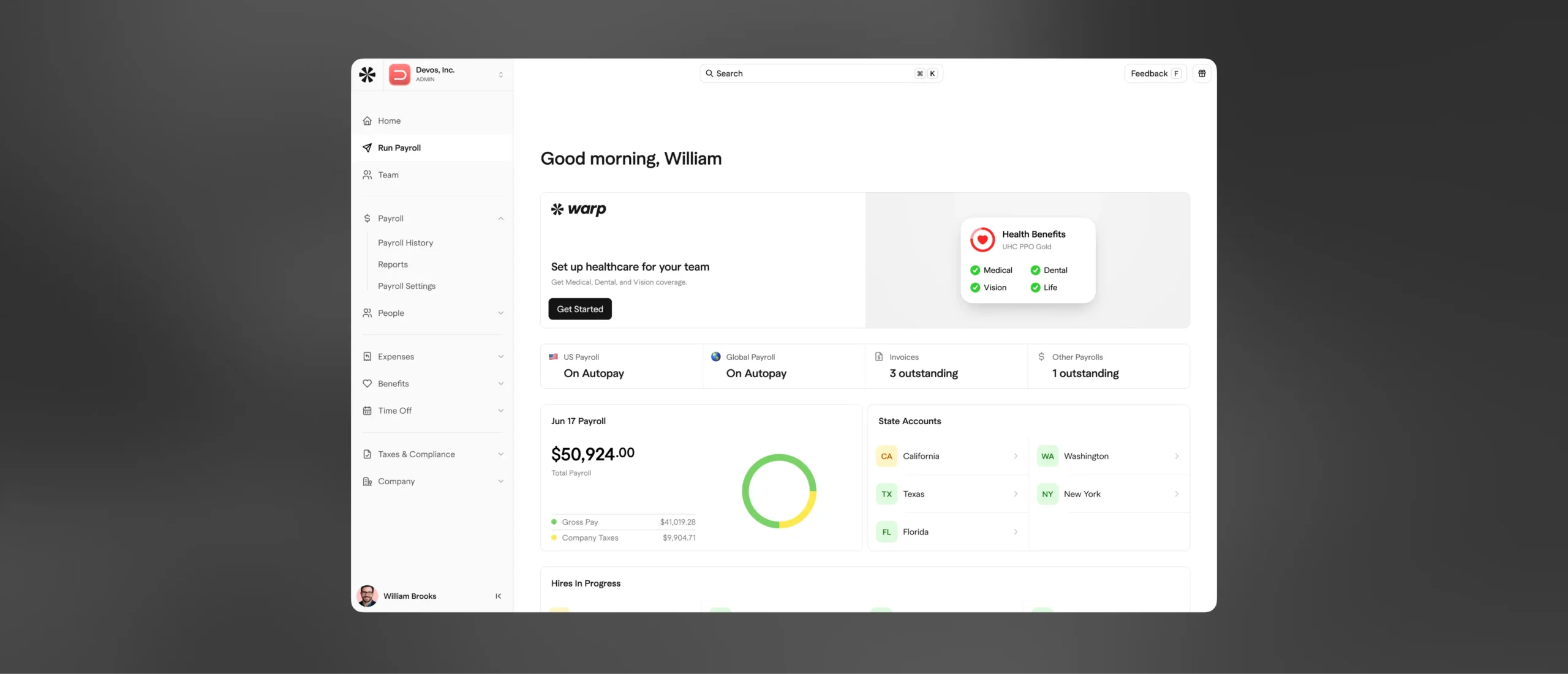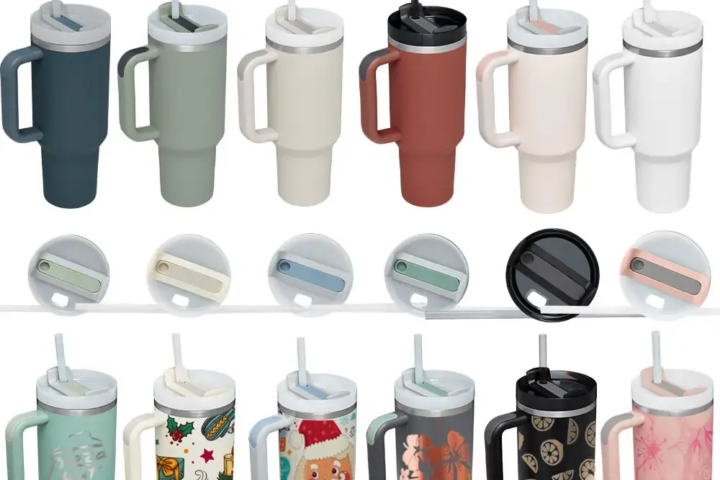In today’s fast-paced startup world, managing payroll is no longer just about cutting checks. Founders are looking for tools that simplify compliance, enable seamless global payments, and scale with their team. If you’re searching for the best payroll solution, two names you’ve probably come across are Warp and Deel.
Both are modern platforms promising speed, automation, and international capabilities—but which one is truly built for startups? Let’s dive into the Warp vs. Deel comparison and see which provider better fits your growing company’s needs.
Deel: The Global Hiring Platform
Deel has gained popularity as a global hiring and payroll solution. It helps companies hire full-time employees or contractors in other countries without needing to open a local entity. Deel handles contracts, tax compliance, and international payments for remote teams.
While it’s a robust platform, Deel is more of an Employer of Record (EOR) service than a pure payroll provider. That means it excels at helping companies outsource their hiring process overseas but may not be the leanest solution for startups that want control, speed, and simplicity.
Warp: The Payroll Platform Designed for Startups
Now let’s talk about Warp—a next-gen payroll solution made specifically for startups. Unlike traditional tools, Warp offers a modern, automation-first platform that’s perfect for growing teams. It empowers founders to run payroll, stay compliant, and manage taxes easily—across states or borders.
Warp doesn’t just process payments—it handles the heavy lifting of compliance, filings, currency conversions, and even integrates smoothly with your other finance and HR tools. Everything is designed to be lightning-fast, transparent, and startup-friendly.
Why Startups Prefer Warp Over Deel
1. Simple Global Payroll Without Complexity
Deel is great if you want to outsource the entire hiring process. But for startups that already have remote team members or want to retain control, Warp offers a more direct solution. You can pay full-time employees or contractors globally in their local currencies—without setting up entities or navigating complex workflows.
Warp’s international payroll is fast, transparent, and fully compliant. You don’t have to rely on an external EOR unless you want to. This gives startups more flexibility, better control over costs, and fewer layers of communication.
2. Built for Scale—Not Just Enterprise
Warp is built for startups of all sizes, whether you’re pre-seed or post-Series A. Its interface is minimal, quick to set up, and designed for lean teams. With Warp, you don’t need a large HR or finance department to stay compliant or run payroll.
Deel, on the other hand, has more of an enterprise-grade feel. It’s feature-rich but often feels overwhelming for small or early-stage companies that just want to pay their people without friction.
3. Tax Compliance Made Effortless
Warp automatically handles local, state, and international tax filings. From onboarding new hires to generating compliant documents and filings, Warp eliminates the guesswork. You’re always audit-ready without doing hours of manual work.
While Deel helps with tax compliance through its EOR model, it comes with a higher cost and less flexibility. You’re relying on a third-party to employ your team, which can be a limitation for startups aiming to build direct relationships with their staff.
4. Automation That Saves You Time
With Warp, payroll runs are automatic. Taxes, reports, filings, and currency calculations all happen in the background—accurately and on time. You get alerts only when something needs your attention.
Deel also automates payments, but since it focuses heavily on contracts and EOR operations, it often adds steps that don’t apply to all startups. If you’re looking for the cleanest, leanest system that just works, Warp wins this round.
5. Transparent, Startup-Friendly Pricing
One of the biggest advantages of Warp is its clear and affordable pricing model. You pay for what you use—no bloated fees, no hidden charges, and no unnecessary services.
Deel can become expensive, especially if you’re paying for EOR services in multiple countries. For startups watching their budgets, that can be a dealbreaker.
Key Takeaway: Which One Should You Choose?
When it comes to Warp vs. Deel, both have unique strengths. Deel is useful for companies that want to outsource hiring and compliance in other countries through an EOR model. It’s best for more established companies with complex hiring needs across many jurisdictions.
But if you’re a startup founder looking for speed, automation, flexibility, and startup-friendly pricing, then Warp is the superior choice. It gives you everything you need to pay local or global teams, stay compliant, and grow fast—without the overhead or complexity.
Warp is where modern startups go when they want to scale smarter.
Final Thoughts
In a world where teams are distributed and agility is everything, you can’t afford to get bogged down by outdated payroll systems or unnecessary complexity. Whether you’re paying a US-based engineer or a remote team in another country, Warp makes it simple, fast, and compliant.
Make payroll the easiest part of your startup journey. Choose Warp—and move forward with confidence.
For More Update and Helpful Content Visit: The Europe Times












